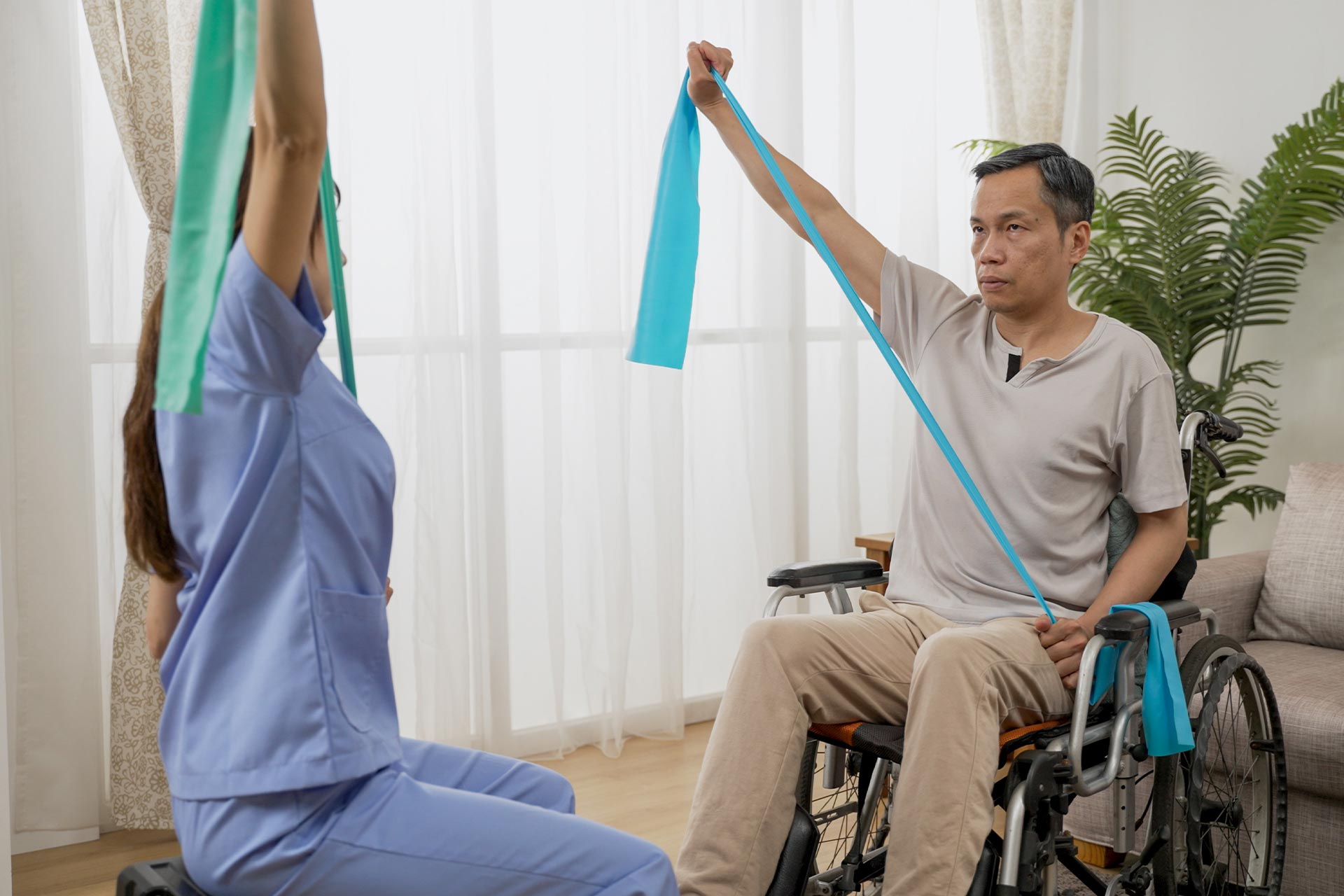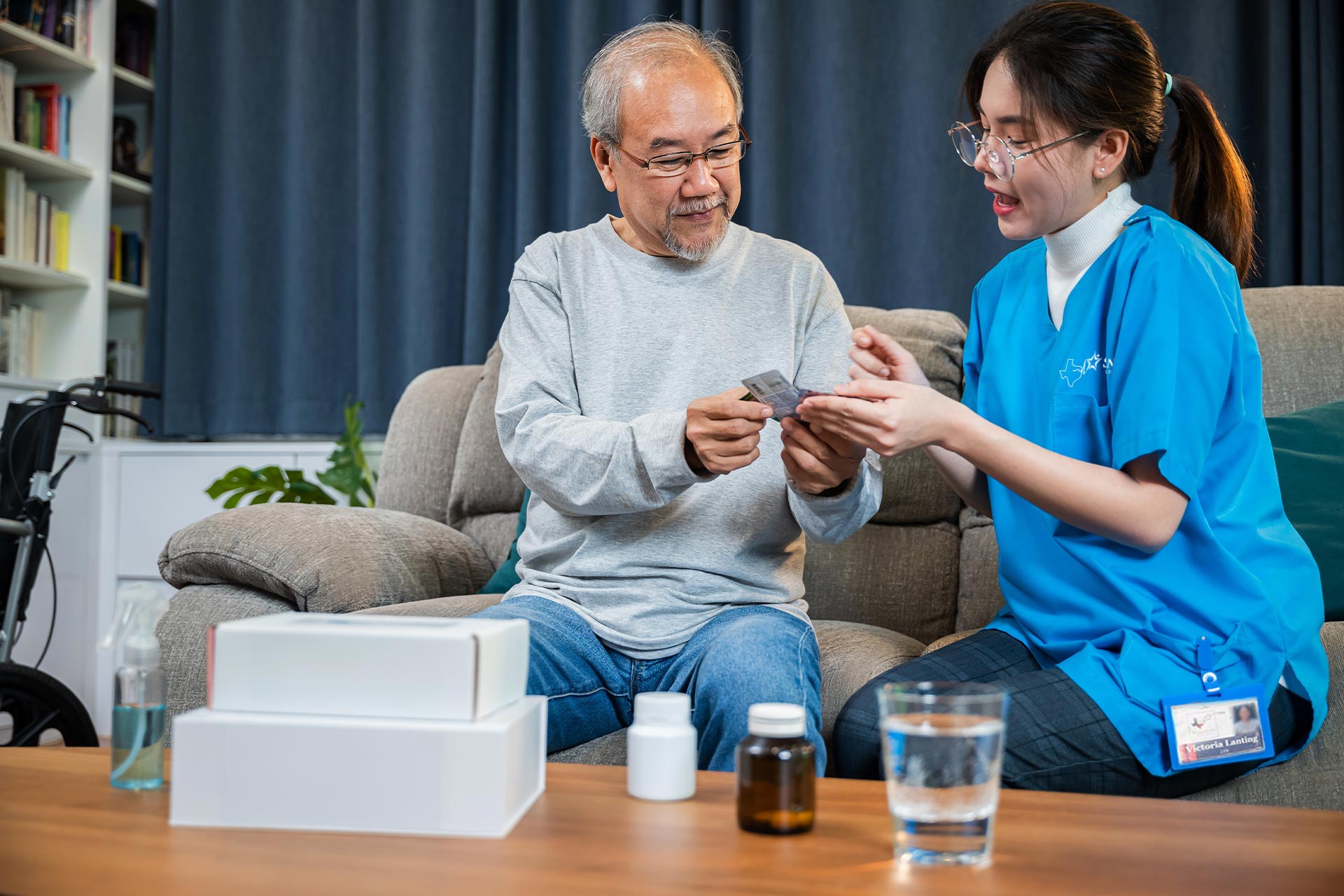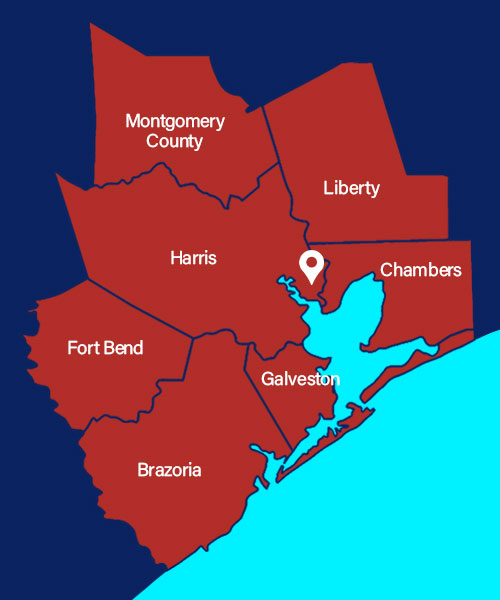July is National Minority Mental Health Awareness Month, a comprehensive time dedicated to raising awareness about the particular mental health struggles faced by ethnic and racial minority communities nationwide. Established in 2008, this national observance highlights the persistent disparities in mental health care and the urgent need for culturally competent services. The effort was inspired by the legacy of Bebe Moore Campbell, a renowned author, advocate, and co-founder of the National Alliance on Mental Illness (NAMI) Urban Los Angeles.
In 2025, National Minority Mental Health Awareness Month continues to shine a light on how systemic barriers, social stigma, and inadequate access to resources impact mental health for minorities. Addressing these issues requires collaboration among communities, policymakers, and healthcare providers, including home nurses and therapists, who are uniquely positioned to deliver education, support, and care directly where people need it most.
Why Minority Mental Health Matters
Mental health in minority communities is a public health priority. People from Black, Latino, Asian American, Native American, and Pacific Islander backgrounds often face increased risk for certain mental health conditions due to factors like discrimination, poverty, cultural stigma, and limited access to healthcare.
According to the Office of Minority Health Resource Center, minority populations are less likely to receive accurate diagnoses and effective treatment for mental health disorders compared to white populations. This inequity is further compounded by:
These barriers contribute to a dangerous cycle of silence, misdiagnosis, and chronic mental health issues that go untreated.

Minority Mental Health Facts
Here are some confirmed and alarming minority mental health facts that underline the urgency of this national observance:
These disparities highlight the need for July National Minority Mental Health Awareness Month to encourage ongoing education, advocacy, and culturally appropriate care.
The Role of Home Nurses and Therapists
Home nurses and licensed therapists are essential allies in promoting mental health equity. Their presence in the home allows for personalized, trust-building interactions that can improve outcomes in marginalized communities. Here are a few ways they help:

Building Trust Within Communities
One of the biggest challenges regarding mental health for minorities is building trust. Many minority communities have experienced discrimination or neglect in healthcare settings, leading to deep-seated mistrust of the system. Home-based care offers a powerful solution:
Home care professionals can also amplify the voices of patients by advocating for their needs with primary care providers, mental health specialists, and caseworkers.
Partnering with the Office of Minority Health Resource Center
The Office of Minority Health Resource Center (OMHRC) is crucial, especially during Minority Mental Health Awareness Month. It offers toolkits, webinars, data reports, and culturally tailored campaigns to help professionals and communities take meaningful action.
Healthcare providers can partner with OMHRC to train their staff, access bilingual resources, and participate in national campaigns. These partnerships ensure that mental health in minority communities remains a national priority beyond July.

How to Observe Minority Mental Health Awareness Month
Healthcare workers, caregivers, and community members can contribute to National Minority Mental Health Awareness Month 2025 in several impactful ways:
A Vision for Equity
As we observe National Minority Mental Health Awareness Month, we must commit to long-term strategies that address the structural and cultural barriers that keep so many from getting the help they need. Mental health for minorities should not be an afterthought but an integral part of public health planning, professional training, and community engagement.
Home nurses and therapists often rise to the roles of caregivers, educators, and advocates. Their role in improving mental health in minority communities is essential to closing the gap while aiming for a future where everyone, regardless of background, can access high-quality, culturally competent mental health care.
National Minority Mental Health Awareness Month is a call to action. By acknowledging the disparities in care, empowering home-based providers, and partnering with trusted organizations like the Office of Minority Health Resource Center, we take meaningful steps toward mental health equity.
Let us use this July to learn, advocate, and uplift one another. Together, we can ensure that minority mental health is not overlooked and that everyone receives the care and compassion they deserve.
For more information on how Signature Health Services can provide you with the best in home healthcare, please call (800) 277-8291 or email information@signaturehealthservices.net.

ALWAYS ON CALL
| Monday – Sunday | 24 / 7 |
1 (800) 277-8291 (option 1)
COUNTIES SERVED
OUR VALUES
TESTIMONIALS

I love all of my home health people.

All Signature staff as well as therapy were very helpful.

Their services have always been great.

I really love my physical therapist. Gary has helped me so much.

This has been one of the best agencies. Very caring nurses.

I’ve had a really good physical therapist and really nice nurses.

I have had excellent care & would recommended them to anyone.

Gary Dixon is the very best physical therapist in Baytown and Houston Area.

